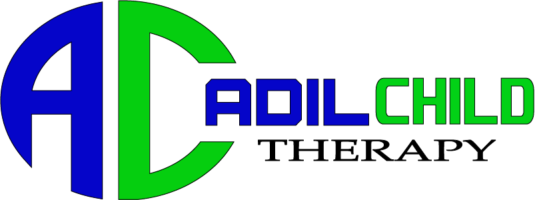FAQ
FAQ
Everything You Need to Know About Adilchild Therapy
Common Questions and Answers
What is ABA Therapy?
A proven approach to help children with autism and related conditions develop essential skills, reduce behaviors, and gain independence.
What is EIDBI?
An evidence-based program providing early, individualized support for children with autism and related conditions, focusing on development and behavior.
Is ABA therapy the same as EIDBI therapy?
No, ABA (Applied Behavior Analysis) therapy is not the same as EIDBI (Early Intensive Developmental and Behavioral Intervention) therapy, although ABA is one of the treatment approaches used within the EIDBI framework. EIDBI is a broader program in Minnesota that includes ABA as well as other evidence-based interventions, such as developmental and relationship-based therapies, to support individuals with autism spectrum disorder (ASD) and related conditions. The EIDBI program focuses on a comprehensive, multi-disciplinary approach tailored to each child’s needs.
Who is eligible to receive EIDBI services?
What services are covered under the EIDBI benefit?
What is the process for transitioning or discharging a person from an EIDBI agency?
Do EIDBI providers need to bill a member’s primary commercial insurance before billing Medicaid?
No, EIDBI providers are not required to bill a member’s commercial insurance before billing the Medicaid plan for services. Since EIDBI services fall under Early and Periodic Screening, Diagnostic, and Treatment (EPSDT) services, they can be billed directly to Medicaid. However, third-party liability reporting is still required if the EIDBI agency receives payment from a source other than the Department of Human Services (DHS).
What are the key guidelines for submitting claims for EIDBI services?
What are the key timelines in the EIDBI service authorization process?
What is the purpose of the EIDBI benefit?
The purpose of the EIDBI benefit is to provide medically necessary, early, and intensive intervention for individuals with autism spectrum disorder (ASD) and related conditions. Additionally, it is designed to educate, train, and support parents and families; promote the individual’s independence and participation in family, school, and community life; and ultimately improve long-term outcomes and quality of life for both the individuals and their families.
